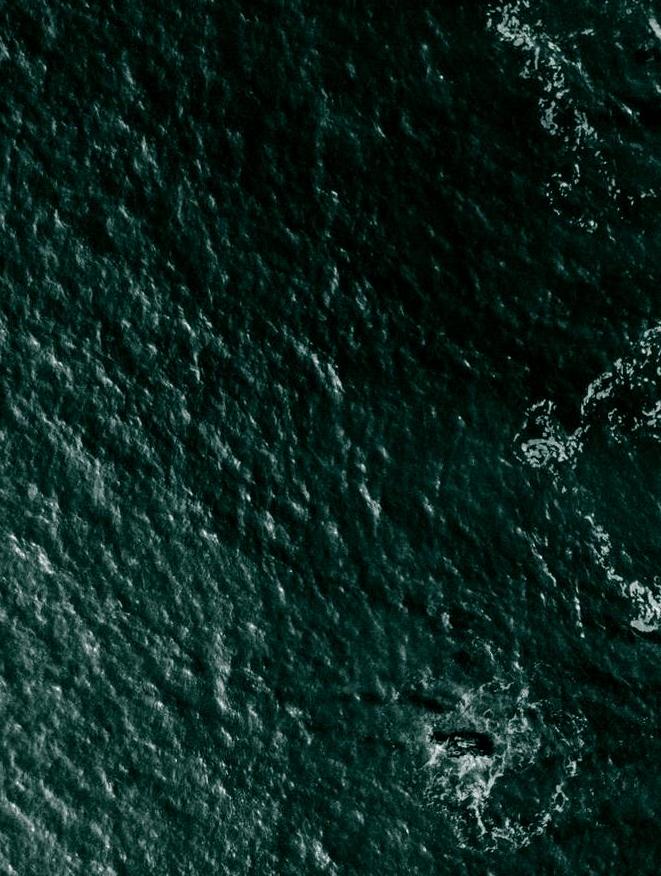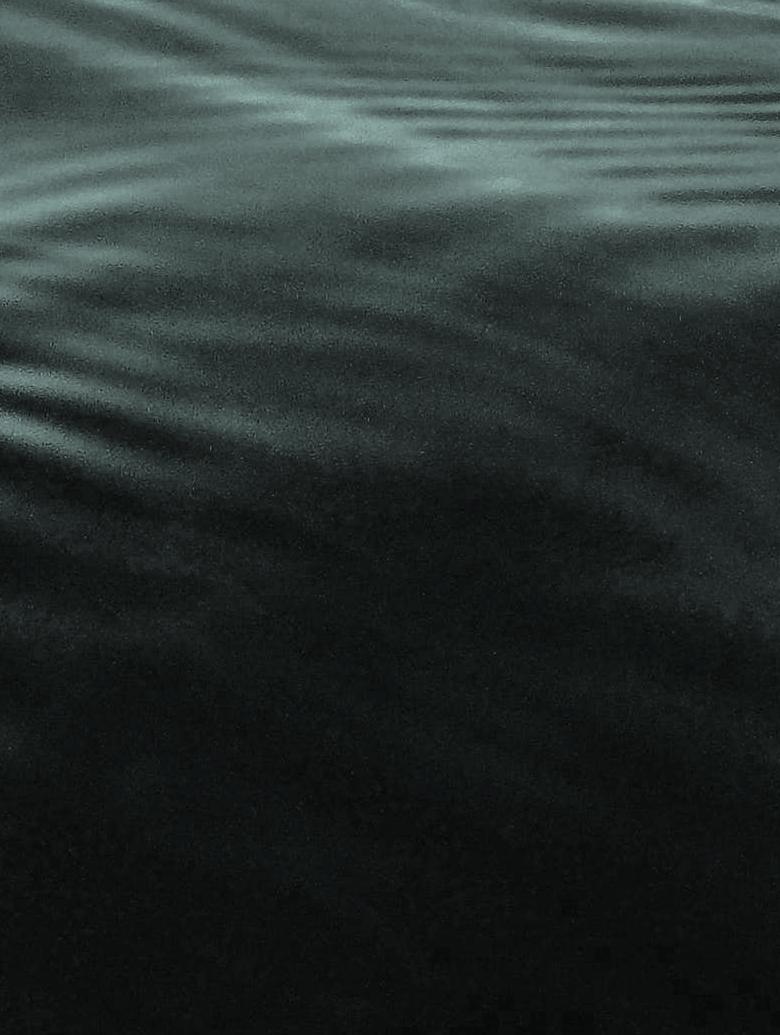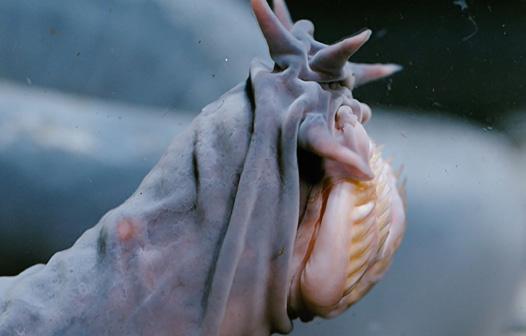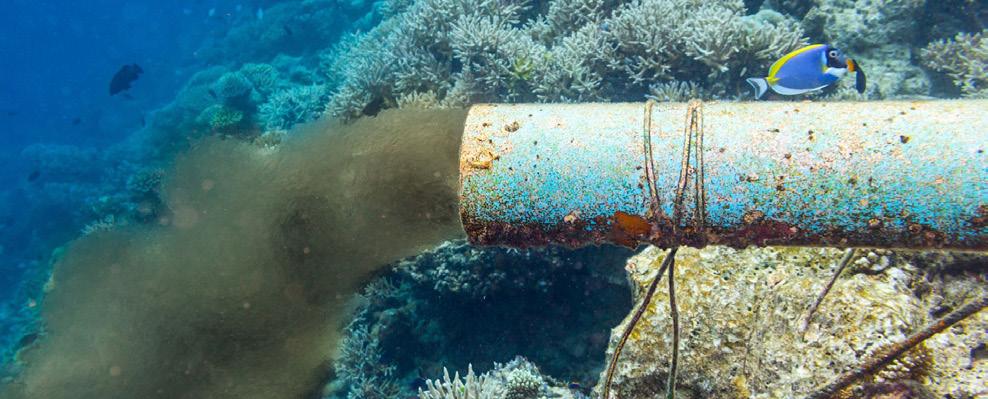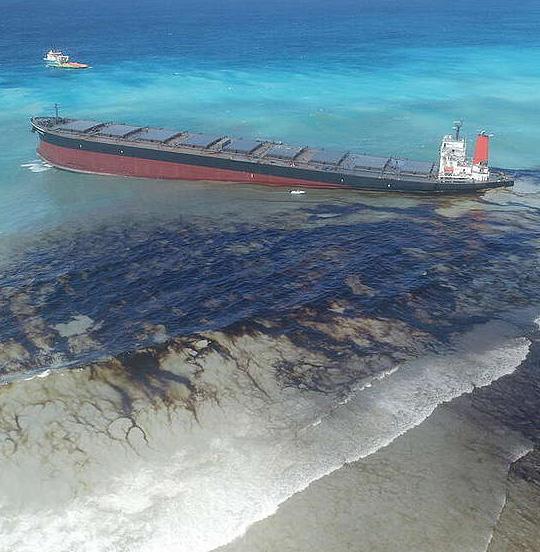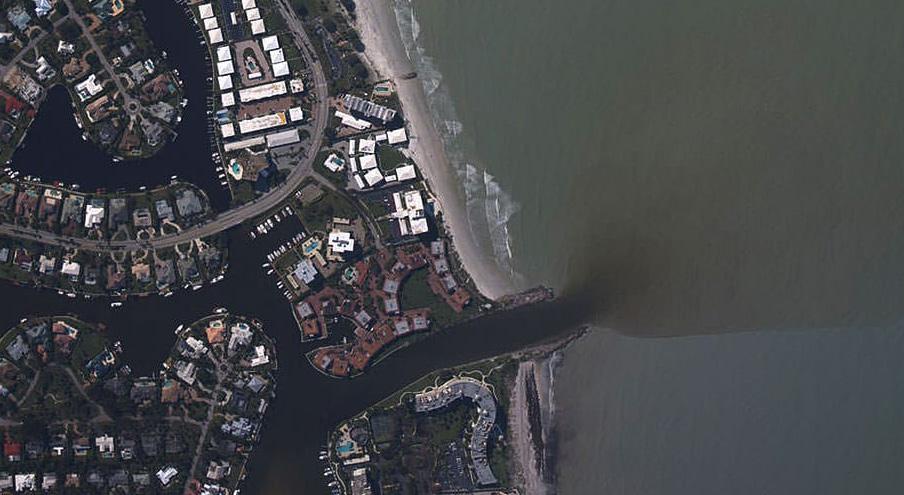
1 minute read
Indian Ocean
26 three major oceans.”
Advertisement
BODY OF SALT WATER
Indian Ocean
Indian ocean covers approximately one-fifth of the total ocean area of the world. It is the smallest, geologically youngest, and physically most complex of the world’s three major oceans. It stretches for more than 6,200 miles between the southern tips of Africa and Australia and, without its marginal seas, has an area of about 28,360,000 square miles.
The Indian Ocean is bounded by Iran, Pakistan, India, and Bangladesh to the north; the Malay Peninsula, the Sunda Islands of Indonesia, and Australia to the east; Antarctica to the south; and Africa and the Arabian Peninsula to the west. In the southwest it joins the Atlantic Ocean south of the southern tip of Africa, and to the east and southeast its waters mingle with those of the Pacific Ocean.
Without Its Marginal Seas
The Indian Ocean has the fewest marginal seas of the major oceans. To the north are the inland Red Sea and Persian Gulf. The Arabian Sea is to the northwest, and the Andaman Sea to the northeast. The large gulfs of Aden and Oman are to the northwest, the Bay of Bengal is to the northeast, and the Great Australian Bight is off the southern coast of Australia.
Island resort in the Maldives, north-central Indian Ocean.
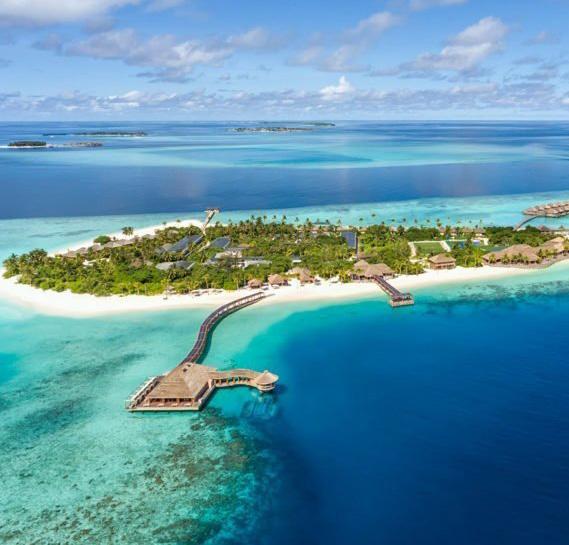
Great Australian Bight Marine Park, southern Australia.



